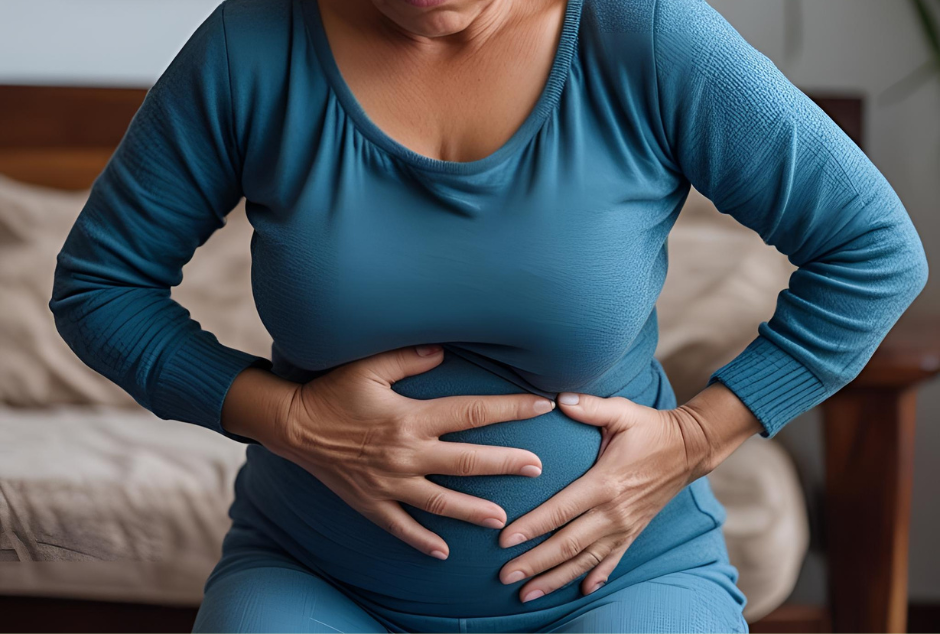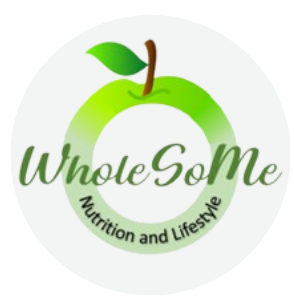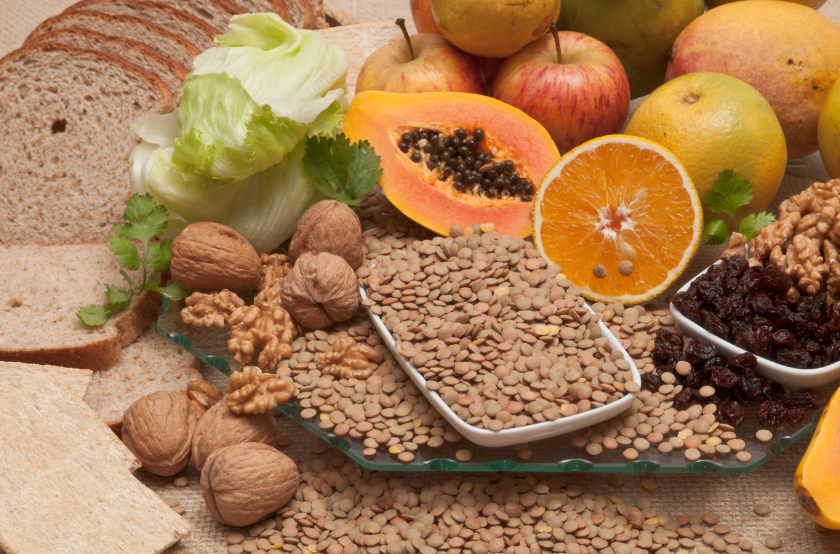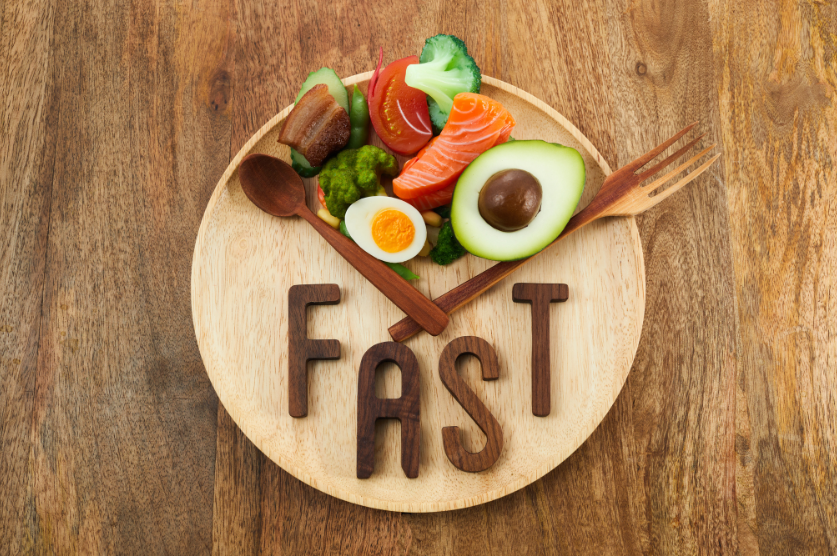How hormonal changes during perimenopause affect gut health - and what to do about it
Hormonal changes in your 40’s, don’t just affect your periods or mood, but they also have a surprisingly big impact on your gut.
During perimenopause, as levels of oestrogen and progesterone fluctuate, changes in your gut can show up as digestive issues, inflammation, food sensitivities, weakened immune system, weight gain, and even heightened anxiety.
Let’s explore how hormonal changes affect gut function, what “estrobolome” is, and what practical steps you can take to ease your symptoms.

The oestrogen – gut microbiome axis
Many hormones start to go haywire during perimenopause (the transition towards menopause), but inarguably, oestrogen causes the most disruption to our daily life.
Oestrogen plays a vital role in many processes in the body. It helps regulate mood, supports bone health, maintains the elasticity of tissues, and it also interacts with the gut.
There are oestrogen receptors throughout the digestive tract, and research suggests oestrogen has a protective effect on gut barrier integrity and inflammation levels.
But this is not all. The connection goes both ways: dysbiosis, or low diversity of gut bacteria results in lower circulating oestrogen.
Meet your estrobolome colony
The group of bacteria that gets rid of unwanted oestrogen in the gut are called estrobolome.
When your microbiome is out of balance, this squad can’t do its job properly and that can result in high circulating oestrogen levels, causing symptoms like premenstrual syndrome (PMS), hot flushes, irritability and mood swings or impaired appetite regulation.
The inevitable change…
A less discussed topic: oestrogen’s role to maintain the integrity of the gut lining.
During perimenopause, when oestrogen levels decline, the protective barrier that stops bacteria and toxins from leaking into the blood stream, can become weaker.
The result is increased gut permeability, often referred to as “leaky gut”. This can trigger an immune response resulting in low-grade, chronic inflammation, starting a domino effect…
It can contribute to a wide range of health issues, including fatigue, joint pain, skin flare-ups, low mood or brain fog. Some researchers believe this inflammation may also play a role in the increased risk of conditions like cardiovascular disease and insulin resistance after menopause.
There’s also a two-way relationship here: a disrupted gut microbiome can worsen gut permeability, and poor gut barrier function can further upset the microbiome. Together, these changes can create a vicious cycle that affects hormone metabolism, immunity, and overall wellbeing.
IBS or perimenopause?
Hormone fluctuation during perimenopause can cause symptoms that can be easy to confuse with IBS symptoms. I don’t blame you… IBS is talked about all the time, while the connection of gut health and lower sex hormone levels are not so much.
Lower oestrogen can cause changed gut motility that can result in constipation OR loose stool – just like in IBS.
Lower levels of progesterone, your calming hormone, can cause poorly regulated stress response, that can affect digestion – just like in IBS.
Lower serotonin levels – another gut-produced hormone, that declines due to changed oestrogen levels can result in low mood – just like in IBS.
Feed your microbiome for more balanced hormones
 Fibre: your Gut’s Favourite Food
Fibre: your Gut’s Favourite Food
Fibre is a type of carbohydrate that feeds the beneficial bacteria in your gut, helping them produce anti-inflammatory compounds like short-chain fatty acids. These compounds not only support the gut lining but may also reduce inflammation linked to hormonal changes.
Good sources include:
-
Whole grains (e.g. oats, barley, brown rice)
-
Beans and lentils
-
Vegetables (especially leeks, onions, garlic, and artichokes)
-
Nuts and seeds
 Fermented Foods: Friendly Bacteria on Your Plate
Fermented Foods: Friendly Bacteria on Your Plate
Fermented foods contain live bacteria (probiotics), that help replenish the gut microbiome and enhance digestion. Some strains may even influence oestrogen metabolism through their role in the estrobolome. Including a small amount of fermented food daily can be a gentle, natural way to support gut health during perimenopause.
Examples include:
-
Natural yoghurt (with live cultures)
-
Kefir
-
Sauerkraut and kimchi
-
Miso and tempeh
-
Kombucha
 Phytoestrogens: natural oestrogen boost
Phytoestrogens: natural oestrogen boost
Phytoestrogens are natural compounds found in some plant foods that have a mild oestrogen-like effect in the body. While they’re not a substitute for your own oestrogen, they can gently support hormonal balance, and they’re metabolised by gut bacteria.
Foods rich in phytoestrogens include:
-
Flaxseeds – also a good source of fibre and omega-3s
-
Soy foods like tofu, tempeh, and miso
-
Chickpeas, lentils, and other legumes
Including a variety of these foods regularly may help reduce hot flushes, support bone health, and promote better digestion during perimenopause.
 Don’t Forget Polyphenols
Don’t Forget Polyphenols
These colourful plant compounds, found in berries, green tea, olive oil and dark chocolate, also nourish beneficial gut bacteria and reduce inflammation. They’re a great addition to any perimenopause-friendly diet.
Can probiotic supplements help?
Alongside a varied, plant-rich diet, pre- or probiotic supplements might provide some extra support during perimenopause, but choosing the right ones is key.
 Probiotics: Targeting the Gut-Hormone Connection
Probiotics: Targeting the Gut-Hormone Connection
Probiotics are live bacteria that, when taken in adequate amounts, can support gut health. Some strains have shown promise in helping with hormonal regulation and digestive comfort during menopause and perimenopause. For example, strains of Lactobacillus and Bifidobacterium may help reduce inflammation, improve gut barrier integrity, and support oestrogen metabolism through the estrobolome.
However, not all probiotics are created equal. Look for:
-
Products with clearly labelled strains and CFU counts (e.g. Lactobacillus acidophilus NCFM)
-
Evidence-based blends designed for women’s health or hormone balance
-
Shelf-stable or refrigerated options, depending on storage requirements
 Prebiotics: Feeding the Good Bacteria
Prebiotics: Feeding the Good Bacteria
Prebiotics are non-digestible fibre that feed the friendly bacteria in your gut. You can get these naturally from foods like onions, garlic, leeks, asparagus, bananas, and oats. If for any reason you struggle to get enough fibre from your diet, a prebiotic supplement can provide temporary support for you, however remember that you would be missing out on a wide range of other health benefits of fibre rich foods, life vitamins and minerals, polyphenols and antioxidants.
 Synbiotics: A Handy Combination
Synbiotics: A Handy Combination
Synbiotics combine probiotics and prebiotics in one formula, with the idea that feeding the beneficial bacteria you’re adding will help them thrive and colonise the gut more effectively. Some early research suggests synbiotics may be especially helpful for improving gut barrier function and reducing systemic inflammation, both of which are relevant during perimenopause.
Synbiotic supplements may be a practical choice if you’re looking for a more comprehensive approach to microbiome support, particularly if your diet is low in fibre or you’re dealing with symptoms like bloating, irregular bowel movements, or frequent infections.
 Other Helpful Supplements During Perimenopause
Other Helpful Supplements During Perimenopause
While not specific to the microbiome, certain nutrients can indirectly support gut and hormone health:
-
Magnesium – helps with constipation, mood regulation, and sleep
-
Calcium – important for bone health as oestrogen declines
-
Omega-3s – anti-inflammatory fats that support brain, gut, and hormone health
-
Vitamin D – supports immunity, mood, and the gut lining
As always, supplements work best when they’re part of a wider diet and lifestyle plan and ideally tailored to your individual needs.
The lifestyle elements of gut support
While diet plays a vital role in keeping your gut healthy, it’s only part of the picture. Your daily habits, from how you move to how you manage stress, also have a significant impact on your wellbeing during perimenopause. Here are some key lifestyle strategies to consider:
- manage stress through mind-body practices
- socialise
- move every day
- prioritise sleep
- reduce inflammatory triggers
Your takeaway
By focusing on your gut health during perimenopause, you’re not just supporting your digestion, but you’re creating a foundation for hormonal balance, emotional resilience, and long-term wellbeing. A happy gut really can help make this transition smoother.
Related Reads…
WholeSoMe Nutrition
Northumberland, UK
+44(0)7437 576011
© WholeSoMe Nutrition. All rights reserved.
Pictures by Canva Pro and freepik.com
Book a free discovery
call to see how can
nutrition consultation
improve your health
Book a free discovery
call to see how can
nutrition consultation
improve your health
WholeSoMe Nutrition
Northumberland, UK
© WholeSoMe Nutrition. All rights reserved.
Pictures by Canva Pro and freepik.com












